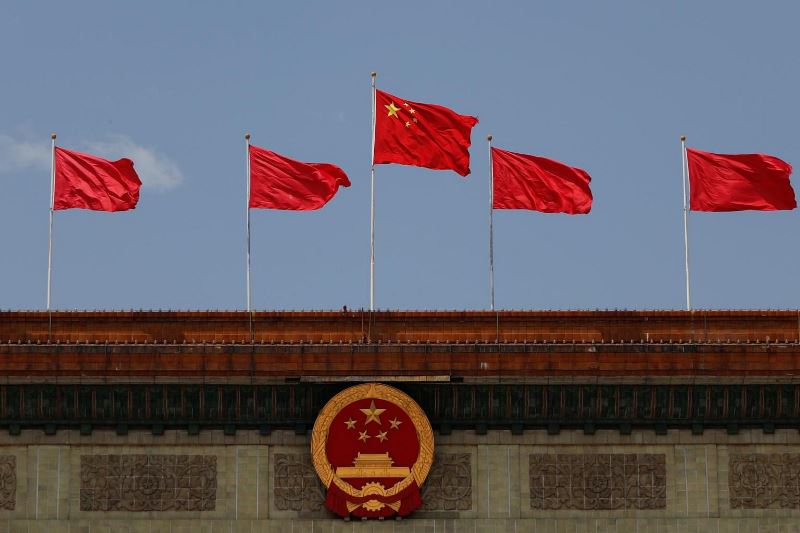
A recently proposed amendment to China’s criminal law creating a new crime against foreign casinos found to be organizing or soliciting Chinese citizens to gamble would see guilty parties jailed for between five and 10 years.
The latest amendment draft of China’s criminal law was published late Wednesday, adding a new crime in Article 303 targeting gaming activities both within and outside of China.
“Whoever operates or manages casinos, or is designated by casinos outside the country, and organizes or solicits Chinese residents to participate in overseas gambling, where the amount involved is large with a serious nature, shall be punished according to provisions under the preceding paragraph,” the draft reads.
The penalty for this new crime would match the crime of “opening casinos” in China, which carries a sentence of not more than five years of fixed-term imprisonment, criminal detention, or control, in addition to a fine. In serious circumstances, the person shall be sentenced to more than five years but not more than 10 years of fixed-term imprisonment, in addition to a fine.
It is not clear exactly how the law would be implemented, although most likely it would target anyone located in mainland found to be promoting gambling at foreign casinos, or in nations that have relevant extradition agreements with China.
The punishment for opening casinos would be increased from “not more than three years imprisonment” to “not more than five years imprisonment.”
The penalty for engaging in gambling or making an occupation of gambling is set to remain at three years imprisonment.
The proposed amendments to China’s criminal law were reviewed by the Standing Committee of China’s National People’s Congress (NPC) last week, and will now be made available for public opinion until 19 November. It will likely be passed into law at the NPC’s annual Two Sessions in March.
Early reports of proposed amendments to China’s criminal law targeting foreign casinos described cross-border gambling as being responsible for “large capital outflow” and causing “serious damage to the nation’s image and economic security.”
China’s Ministry of Culture and Tourism announced August that it had established a “blacklist” of overseas tourist destinations it said were disrupting the nation’s outbound tourism market by opening casinos targeting mainland Chinese customers.
The blacklist, devised in conjunction with other departments, would see travel restrictions imposed on Chinese citizens going to names overseas cities and scenic spots, the Ministry said, although it failed to identify exactly which locations it was referring to.
(Photo: Reuters)

